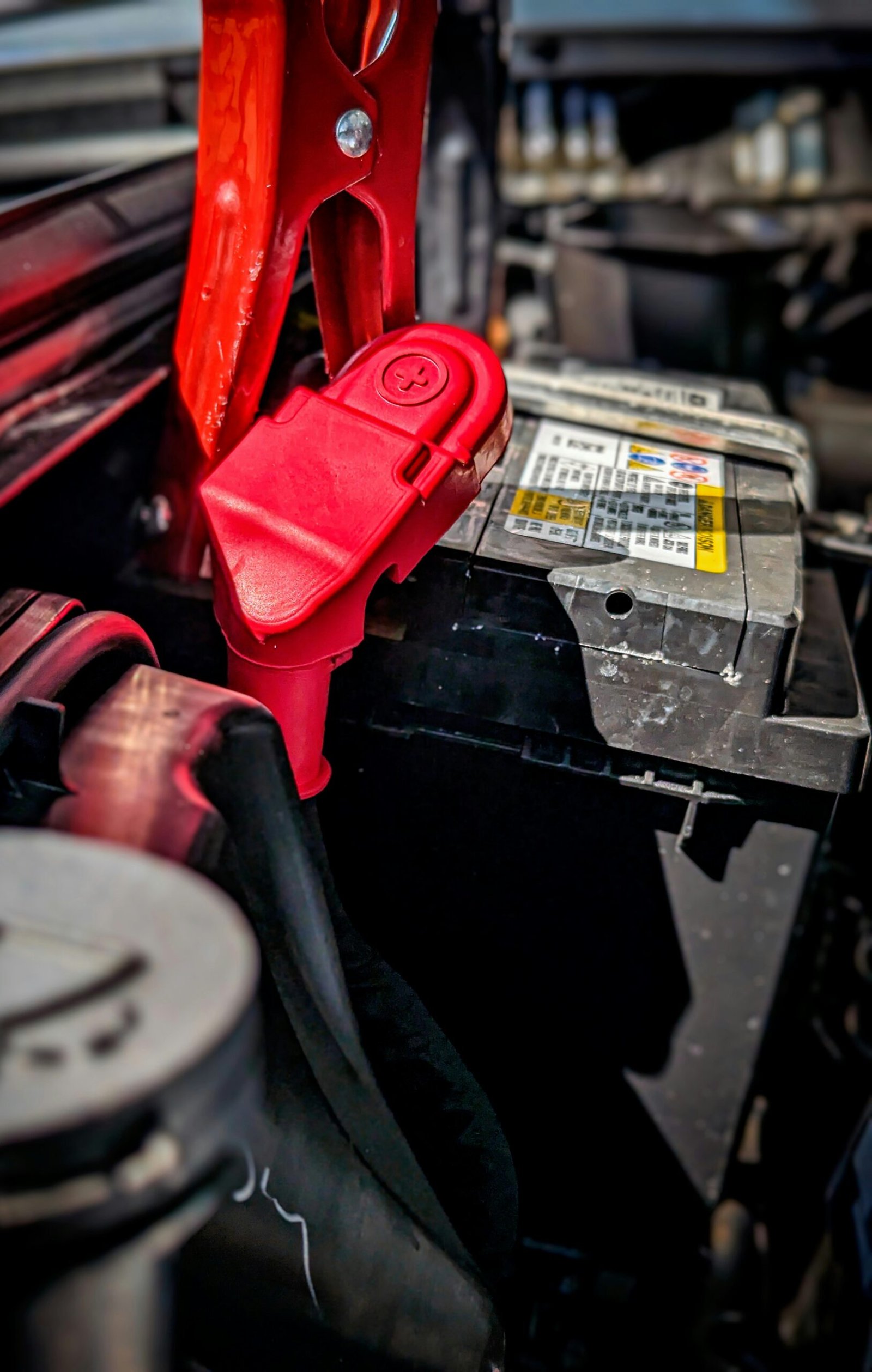Common Reasons Why Your Car Won’t Start

If your car won’t start, it can be a frustrating and inconvenient experience. There are several potential reasons why your car may not start, ranging from simple issues to more complex mechanical problems. In this blog post, we will explore some common reasons why a car may not start and what you can do to troubleshoot the issue.
Dead Battery
One of the most common reasons for a car not starting is a dead or drained battery. If you turn the key in the ignition and nothing happens, or if you hear a clicking sound, it could indicate that the battery is the culprit. This can happen if you accidentally left your lights on, if the battery is old and needs to be replaced, or if there is a problem with the charging system.
To troubleshoot a dead battery, you can try jump-starting the car using jumper cables and another vehicle with a charged battery. If the car starts after jump-starting, it’s likely that the battery is the issue. In this case, you may need to replace the battery or have the charging system checked by a professional mechanic.
Ignition Switch Problems
If you insert the key into the ignition and turn it, but nothing happens, it could be due to a faulty ignition switch. Over time, the ignition switch can wear out, leading to difficulty in starting the car. Additionally, if the car’s anti-theft system is engaged or malfunctioning, it can prevent the car from starting even with a functioning key.
If you suspect an issue with the ignition switch, you may need to have it inspected and replaced by a qualified mechanic. They can diagnose the problem and ensure that the ignition system is functioning properly.
Fuel System Issues
If your car cranks but doesn’t start, it could be related to problems with the fuel system. This can include issues such as a clogged fuel filter, a faulty fuel pump, or a lack of fuel reaching the engine. Without adequate fuel, the engine will not be able to start and run properly.
To address fuel system issues, you may need to have the fuel filter and fuel pump inspected and replaced if necessary. It’s also important to ensure that there is an adequate supply of fuel in the tank. Regular maintenance, such as fuel system cleaning, can help prevent these issues from occurring.
It’s important to note that these are just a few potential reasons why your car may not start. Other issues such as a faulty starter motor, a malfunctioning alternator, or electrical problems can also contribute to starting issues. If you’re unable to diagnose and fix the problem on your own, it’s best to seek the expertise of a professional mechanic.
By understanding some common causes of starting problems, you can be better prepared to troubleshoot and address the issue when your car won’t start. Regular maintenance and prompt attention to starting issues can help keep your car running smoothly and reliably.



